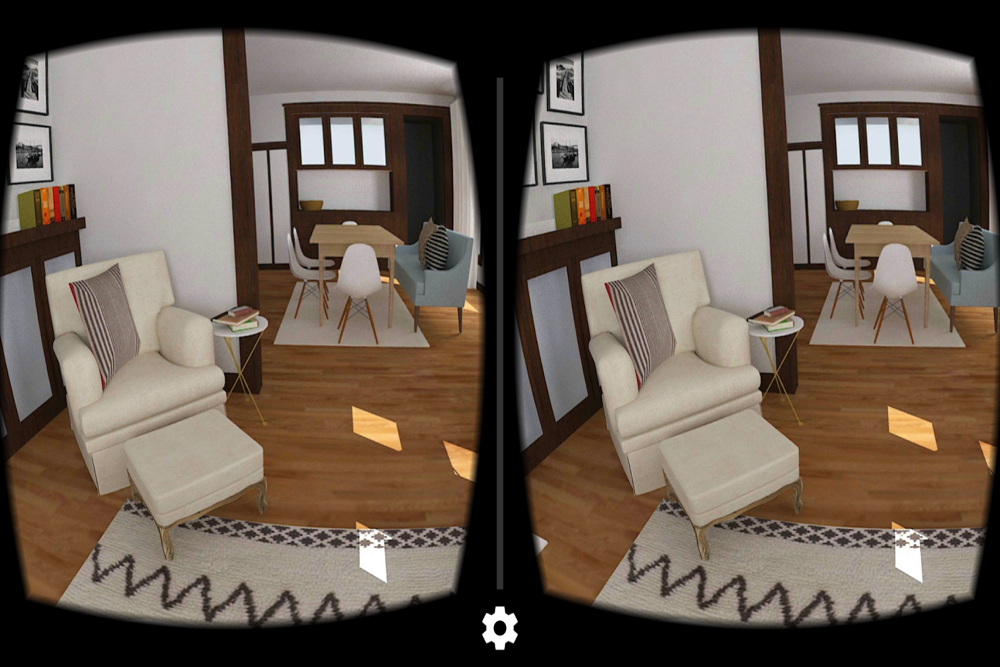Editor’s Note: This is a new Q&A series from StartUp Beat that features entrepreneurs who have successfully guided their startups (or multiple startups) to maturity. It is a complement to StartUp Beat’s coverage of early-stage startups and an effort to provide further insight into the experiences of tech entrepreneurs.
 Skiddy von Stade, co-founder, Chairman & CEO, OneWire
Skiddy von Stade, co-founder, Chairman & CEO, OneWire
Skiddy was founder and served as President of F.S. von Stade & Associates from 1995 to 2007, which was voluntarily dissolved upon founding of OneWire. Prior F.S. von Stade & Associates, Mr. von Stade was Head of the New York office of The Oxbridge Group, an executive search firm specializing in the financial services industry. Before becoming an executive search specialist, Mr. von Stade rose through the ranks from Junior Associate to Vice President at Alexander and Alexander, an international insurance brokerage firm. His excellent performance was rewarded as he became the youngest employee invited to join the Summit Club, a membership he held during the last three years with the firm. Mr. von Stade graduated from the University of Vermont. An outdoorsman and conservationist, he serves as an advisor to the Board of Trustees of the Wildlife Conservation Society.
 Brin McCagg, co-founder, President & COO, OneWire
Brin McCagg, co-founder, President & COO, OneWire
Brin has more than 20 years of entrepreneurial executive management experience. Between 2003 and 2007 Brin served on an Executive team managing the turnaround of two companies owed by the private equity firms ABS Capital Partners and Monitor Clipper Partners. From 1998 to 2001, Brin founded and served as Chief Executive Officer of TradeOut Inc., an internet based liquidator of excess business inventory. TradeOut was funded and partnered with GE, Goldman Sachs, eBay and Chase Bank. The company filed to go public in 2000 but was ultimately sold. In 1991 Brin co-founded and managed Full Circle, Inc, a hazardous waste recycling company, and served as President. In 1995 he was promoted to Chief Executive Officer when the company merged with Environmental Technologies, Inc., a NASDAQ listed company, which he managed through mid 1997. Brin started his career as an investment banker at Drexel Burnham Lambert. Brin received his MBA from The Wharton School.
SUB: What was your first entrepreneurial venture?
von Stade: In 1995, I founded and managed a successful executive search firm that was focused on financial services recruiting.
McCagg: I am a serial entrepreneur. In 1983, while in college, I started a company that imported Aborigine art from Australia. In 1991, I co-founded and managed Full Circle, Inc., a hazardous waste recycling company. In addition, I founded and served as chief executive officer of TradeOut, Inc., an Internet based liquidator of excess business inventory. OneWire is my fourth entrepreneurial venture.
SUB: What prompted you to start OneWire?
von Stade: After nearly 20 years in the executive search industry, I witnessed firsthand how quickly the war for talent has evolved. My vision was to revolutionize career and talent management by developing technology that resulted in precise career connections with only a few clicks of the mouse. OneWire was then born to address inefficiencies in the traditional model of recruiting and provide a single-platform solution that could connect candidates and companies at all levels. We were certain that with my deep experience and knowledge of the recruiting industry and Brin’s entrepreneurial background, we would be able to build a revolutionary product.
McCagg: I enjoy tackling new challenges and building new products that fill a need in the marketplace. I’ve done recruiting at prior jobs and am well aware of the processes and frustration associated with finding and hiring talent. Teaming up with Skiddy, who I have known for 20 years, provided me with industry expertise, and we were confident that we could build a new category of product.
SUB: Was there a point at which you knew OneWire would hit it big?
von Stade and McCagg: Over the past three years, we have spoken with the top management or heads of HR at over 400 financial services and Fortune 1000 firms. These conversations constantly reinforced our conviction that a single, cloud-based, career and talent management system is needed and will dominate in this industry.
SUB: Was there a “tipping point” (for lack of a better term) when OneWire really picked up steam and where it started growing exponentially?
von Stade and McCagg: We’ve experienced very strong customer and user growth to date; however, when one of the largest banks in the world adopted us across 14 countries, it reinforced that we are building a product that will revolutionize career and talent management.
SUB: What were the first steps you took to establishing OneWire?
von Stade and McCagg: From conception, we have had a complementary dynamic, resulting in a strong management team and secure foundation upon which the company could grow. An early step we took was to differentiate ourselves from the competition by building our technology using structured data. We felt that if candidates completed a profile using structured data, our technology could precisely connect candidates and companies in a controlled environment.
SUB: If you had it to do over again, what would the first concrete step to establishing OneWire have been?
von Stade and McCagg: We think we did it right. Looking back, we’re certain that one of the most crucial first steps we took was to meet with the heads of HR at a number of top global investment banks, and take a white board to their entire recruiting process—dissecting each step to find the redundancies and inefficiencies we sought to correct. We did not build this application in a vacuum, but instead received the buy-in and feedback of these future clients.
SUB: What were the most significant obstacles to growing OneWire to maturity?
von Stade and McCagg: Behavior is hard to change. A large obstacle for an early stage company is convincing potential users that their current process is antiquated and highly inefficient. Some folks prefer to continue using certain systems because it’s all they’ve known for the past 10 years or so, even though it’s incredibly time consuming and costly.
SUB: What kinds of outside funding (if any) did you raise?
von Stade and McCagg: We are funded by over 100 individual investors—all leaders of their industry and invaluable in providing suggestions and counsel.
SUB: What was the metric/milestone that indicated to you that OneWire had moved past startup stage?
von Stade and McCagg: We have had many milestones, however when customers began to utilize our product on a global basis, it reinforced that there are significant opportunities for growth for OneWire.
SUB: What were the most important lessons you learned about entrepreneurship while building OneWire?
von Stade and McCagg: To build a great company, you need great people. We’re very fortunate to have a very dedicated group of employees on our team. Our team is our biggest asset and this company would not be where it is today, if not for their hard work and commitment.









